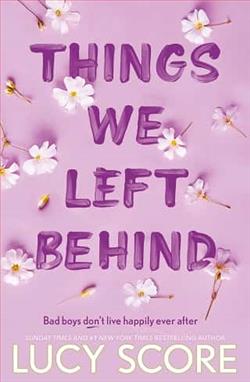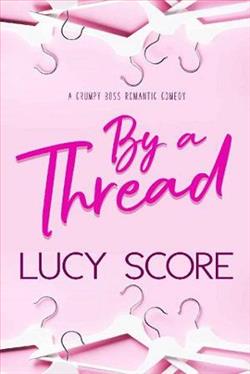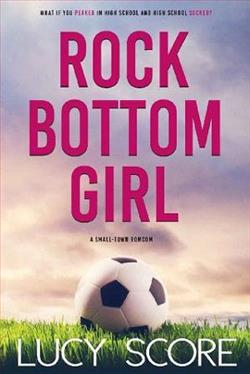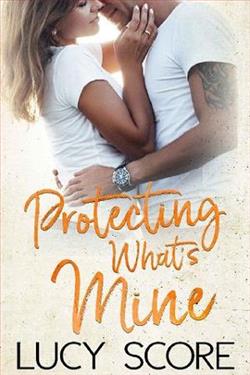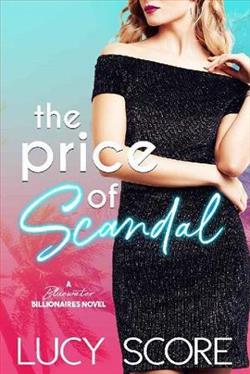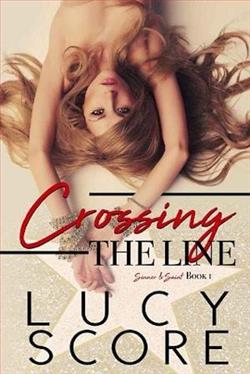4
Margaret handed the hackney driver a handful of coins and looked up at the dark stone mansion sitting by itself at the end of the street, wondering if she’d gotten the address incorrect. A home this large couldn’t possibly belong to a fellow musician, which she assumed Mrs. Anderson’s friend was. She looked back down at the note clutched in her hand. Thiswasthe correct address. The mansion before her would dwarf her aunt’s home. She turned to ask the hackney to wait, but he was already trotting off in search of another fare.
Taking a deep breath, she climbed up the steps to face the double doors. Lifting the heavy silver knocker, she rapped sharply, prepared to beg the occupant’s forgiveness for being given the incorrect address.
Margaret hadn’t been sure what to expect when she received a note from Mrs. Anderson after having casually met the well-known pianist at a charitable tea. She couldn’t remember what charity, nor anyone else’s names, only that watercress sandwiches had been served with lemonade. Meeting Mrs. Anderson had made everything else fade into the background.
Lucy Anderson was respected by men and women alike for her talent as both a performer and teacher. Not only had she played with the Royal Philharmonic, but she taught lessons to the sons and daughters of London’s elite. When Aunt Agnes had slipped away to fawn over a towering woman draped in silk, Margaret had taken the opportunity to engage Mrs. Anderson in conversation.
After chatting for some time, Margaret had been asked to join Mrs. Anderson and a group of like-minded ladies for an afternoon of tea and music.
Margaret placed a hand over her heart.Fellow musicians.She hadn’t had the opportunity to play with another artist since she’d left Yorkshire. Aunt Agnes frowned on such a thing. She preferred all of Margaret’s thoughts to be in the direction of finding a suitable husband. It was one thing for Margaret to play the piano well, that was acceptable, but anything beyond that might interfere with a future husband’s desires. Her aunt had even prohibited anyfurtherstudy of music, something Margaret had discreetly shared with Mrs. Anderson.
The door swung open. A dour-looking butler, thin mustache sitting atop a twitching upper lip, viewed her with superiority. “May I help you, miss?”
“Good afternoon, I—”
“She’s joining our gathering, Pith.” A beautiful woman came forward, her voluptuous form showcased to perfection in a swathe of buttercup silk. There were daisies embroidered along the hem of the dress and actual flowers placed strategically in the coils of her reddish-gold hair. She looked as if she should be skipping through a field, picking berries, and singing with the birds. Smiling broadly, she reached out her beringed hands to Margaret in welcome.
“Of course, Your Grace.” The butler bowed and ushered Margaret inside.
A duchess? Mrs. Anderson had failed to mention such a thing.
“You must be Miss Lainscott.” Her Grace clasped Margaret’s hands. “I’m delighted you could join us. Lucy was concerned you might not be able to slip away.”
Margaret dropped to a curtsy. “Your Grace.” As she stood, she took in her surroundings, appreciating the wide foyer painted the color of pale yellow. Decorated with strategically placedobjets d’artand tall vases of roses, the entire hall and foyer smelled like a summer garden. The floor beneath her feet was pale pink marble shot through with gold which Margaret assumed was Italian in origin. Everything around her spoke of powerful wealth and understated elegance.
“I’m the Duchess of Averell.” A copper curl fell over her forehead. “Patroness of the arts and dear friend of Lucy. Though not a musician.” She gave a graceful shrug.
Margaret wasn’t familiar with the Duchess of Averell. If she’d heard the name before, she’d forgotten it. A common occurrence. But Margaret was sure Aunt Agnes knew the duchess. Her aunt knew everyone in theton.
“I’m fortunate to have a conservatory.” The duchess winked in a very un-duchess like way. “The moment I arrived in London I offered its use to Lucy and her friends. I do wish I played an instrument myself, but alas, I show not an iota of musical talent.” She took Margaret’s arm and led her up a wide flight of stairs sporting an ornate, carved banister smelling of beeswax. As they reached the landing, the lilting melody of a flute followed by the plucking of violin strings floated into the hallway.
“Oh, there you are, Miss Lainscott.” Mrs. Anderson left a plush sofa covered with pale blue damask to greet her.
Several pairs of eyes looked up as Margaret entered the conservatory.
A slender, dark-haired young girl stood off to one side, a flute clutched in her hand. She looked at Margaret with interest for a moment, nodded shyly, and picked up the flute again. The grandest piano Margaret had ever seen sat directly behind the girl, dominating the far corner of the room. She moved toward the piano as a moth to a flame but hesitated, stopping herself from doing something so improper.
It’s magnificent.
Aunt Agnes did have a piano, stuck unceremoniously in the back of an unused parlor as an afterthought. Margaret wasn’t even certain the piano had ever been tuned. She was only permitted to play when no callers were expected. Her aunt’s piano was certainly nothing like this gorgeous instrument, shining like a beacon to Margaret.
“Mama, who is this?” A pretty girl of about fourteen with wide blue eyes interrupted Margaret’s lustful stare. A violin dangled from one slender hand.
“Phaedra, darling, this is Miss Lainscott. A pianist. Miss Lainscott, my daughter, Lady Phaedra. And our flutist is my ward, Miss Olivia Nelson.”
Miss Nelson nodded her head. “Greetings, Miss Lainscott.”
“A pianist? Oh, thankgoodness.” Phaedra gave a great, dramatic sigh. “We won’t have Romy pounding at the keys and torturing us. No matter how many lessons she takes from Mrs. Anderson, she rarely gets better.”
“Phaedra,” the duchess admonished her daughter. “Behave.”
“I heard that. At least I’m not screeching away like an annoyed cat.” A stunning young woman popped up from the other side of the piano, where she’d apparently been searching for something on the floor. “Found it,” she said, holding up a pin. Her eyes were also light blue, but with a circle of darker blue around the iris. There was something familiar about her, but Margaret didn’t think they’d ever met.
“Andromeda, this is Miss Lainscott,” the duchess said. “My eldest daughter, Lady Andromeda.”
“Greetings, Miss Lainscott. In case you were wondering, our other sister is named Theodosia. My mother’s adoration of Greek culture extended to the naming her children. Papa indulged her, much to our mutual dismay.”








